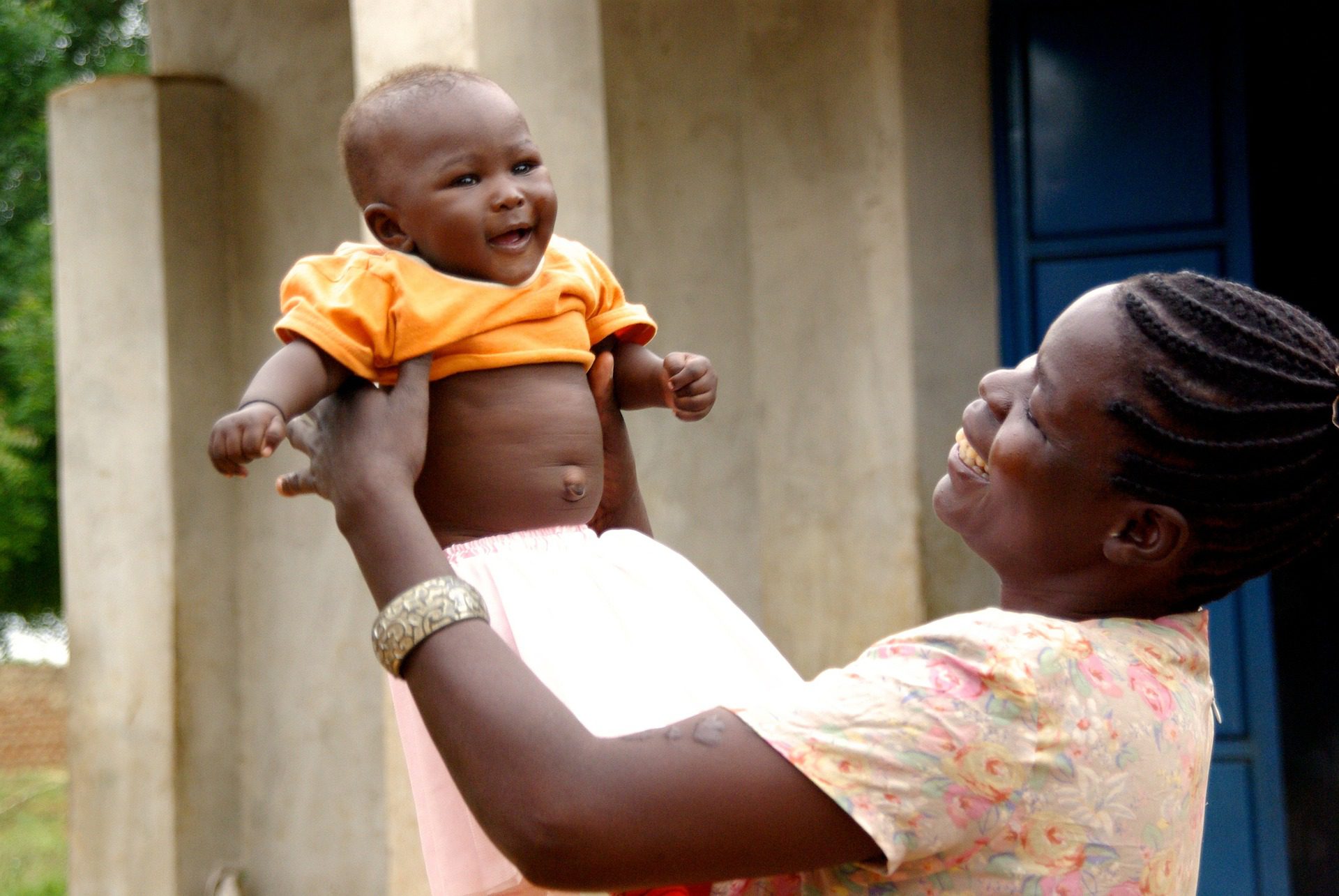
Maternity care for trafficked women: Survivor experiences and clinicians’ perspectives in the United Kingdom’s National Health Service
Introduction
Human trafficking is an international crime and globally recognised human rights violation defined as the recruitment and movement of people, using coercion, deception, and abuse of vulnerability, for the purpose of exploitation[1,2]. The International Labour Organization estimates that 11.4 million women and girls are in situations of forced labour as a result of human trafficking, of whom over four million are trafficked for forced sex work or sexually abused while exploited in other sectors[3]. Statistics from the United Kingdom (UK) on individuals identified as trafficked indicate that in 2015, 3,266 were referred to UK authorities, of whom 53% were female, most trafficked for sexual exploitation[4].
The trafficking of women and girls for forced sex has received growing attention over the past decade, with evidence regularly confirming women’s experience of violence, sexual abuse and poor health consequences, including unwanted pregnancies[5]. Research internationally has reported that levels of physical and sexual violence among women trafficked for sexual exploitation ranged from 33% in a Cambodian case file review[6] to 90% in a multi-country European study[7]. In one European study of 207 female survivors, 95% reported physical or sexual violence, with three-quarters reporting they had been physically hurt and 90% sexually assaulted[8]. Findings from a study from the Greater Mekong Sub-region (GMS) of 467 female survivors over the age of 15 found that 190 women of reproductive age had experienced sexual violence[9]. In the UK, 31% (n = 98) of survivors interviewed as part of the PROTECT study (Provider Responses, Treatment and Care for Trafficked People) experienced sexual violence while trafficked[10].
Female trafficking survivors frequently have multiple sexual and reproductive health care needs. A systematic review by Ottisova et al[5] found self-reported symptoms of sexually transmitted infections (STIs) in trafficked women who were sexually exploited ranged from 6% in a study from Israel to 66% in a cross sectional survey of sex workers in Thailand. Women also become pregnant while trafficked, as reported in the Greater Mekong region study, which showed that 35 (7.5%) of the 467 women interviewed became pregnant while in the trafficking situation[9]. Sex workers (n = 15) and brides/wives (n = 11) reported the greatest number of pregnancies and approximately one-third of pregnant respondents (34.3%, n = 12 of 35) had undergone an abortion. Not surprisingly, pregnancy is associated with abuse, as approximately three times as many women who experienced sexual violence were pregnant at the time of interview (7.4%, n = 14) compared with women who did not (2.5%, n = 7) [9].
Over half of 28 women survivors interviewed in one European study reported symptoms associated with STIs, including pelvic pain, pain or bleeding during intercourse, amenorrhea, heavy and irregular bleeding[11]. Lederer and Wetzel (2014)[12] in mixed methods study from the United States of health consequences and healthcare experiences of 107 women and girls trafficked for sexual exploitation found around two-thirds (67.3%) contracted some form of STI or other infection. Furthermore, just over half (55.2%) of the 67 respondents who reported a pregnancy had at least one abortion, with twenty women (29.9%) reporting multiple abortions. Trafficked women commonly come into contact with health services, although little is known of their experiences of these contacts. Lederer and Wetzel (2014)[12] found 88% of 98 survivors who answered a question on health service contacts saw a clinician during the trafficking situation, with data from PROTECT showing that 26 (19%) of 130 individuals (including 91 women) had accessed healthcare, most often family doctors (GPs)[13].
In this study we aimed to explore the experiences of women trafficked in the UK who became pregnant and had accessed maternity care provided by the National Health Service (NHS), a universal healthcare system funded by UK tax payers. We also explored the views of maternity care clinicians who had cared for trafficked individuals to offer further insight into women’s experiences. Study participants were recruited as part of the PROTECT study, details of which are published elsewhere[14].
Read more here.
